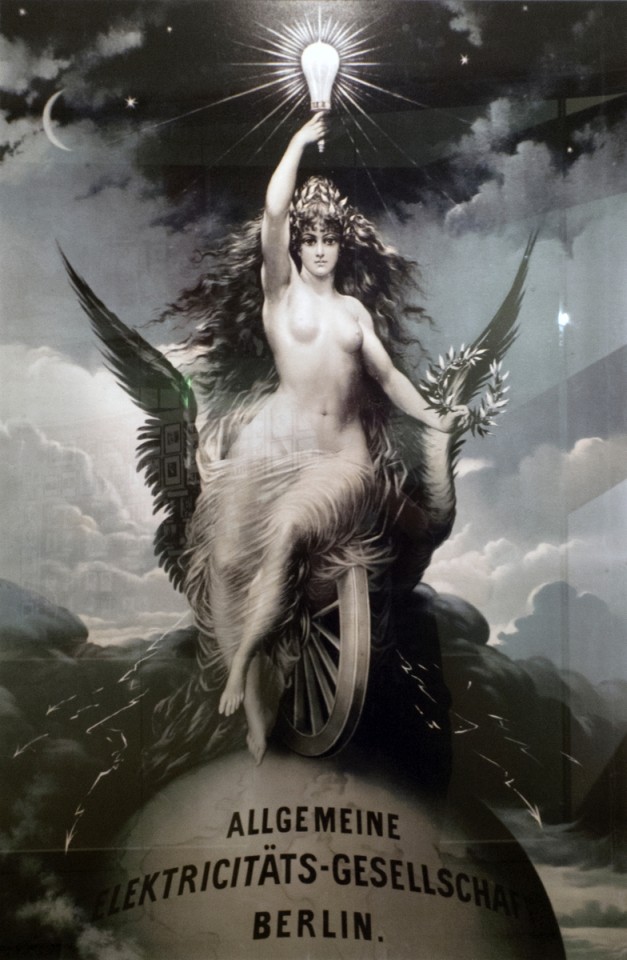
Scientific-technical borrowings are one ofthose types of scientific support for the work of industrial sectors, whose role in the conditions of exiting the crisis to acquiring the particular importance. Since the mid-1920s, they have become the main how of scientific support for the organization of the development of Ukrainian electric machine-building industry in the context of large-scale electrification of the country. That was due to the need for a quick withdrawal of this industry from the previous crisis in the absence in the Ukrainian SSR of its own scientific support system for the electric machine engineering. The first form of scientific-technical borrowings for the republican segment of the Soviet Union profile industry was the agreement between the State Electrotechnical Trust and the German electrotechnical company Allgemeine Elektricitäts Gesellschaft on scientific-technical cooperation. The main objective of this act was to achieve at the lowest possible financial cost the fastest possible increase in productivity of the Kharkiv Electromechanical Plant. To do this, it was supposed using the American technologies for the production of electrical machines but implemented them on German technological equipment. Allgemeine Elektricitäts Gesellschaft was the company that already made such it at the beginning of the twentieth century using the technologies of the General Electric Company. Moreover, in the pre-Soviet period, it made an attempt to hold a similar act at the Kharkiv Electromechanical Plant, which it owned in this time; however itended in failure due to the revolutionary upheavals that began in Ukraine. Thus, the agreement concluded with the German company was a continuation of the same actions, what itself had begun, but, already in new historical realities. That is, the Allgemeine Elektricitäts Gesellschaft actions were copied by the Soviet government, however, adapted to the Soviet way of organizing industrial production. Despite the fundamental difference between the latter and the working conditions of the Allgemeine Elektricitäts Gesellschaft in Germany, the concentration of the parties precisely on the scientific and technical component of the project made it possible to achieve the expected result in full. However, at the same time, Ukrainian electric machine builders focused specifically on the speed of duplication of scientific-technical knowledge missed the opportunity to study the methodology for obtaining them. This became the reason that these scientific-technical borrowings did not become the proper basis for the formation of the scientific component of the scientific-technical potential of the domestic electric machine-building industry.
Source: Annienkov I. (2020) Cooperation with AEG in 1925–1928 as the first form of scientific-technical borrowings in the electric machine-building industry of the Ukrainian SSR. History of science and technology. Vol.10. Is.1(16): 34-49
Source web-site: http://www.hst-journal.com/index.php/hst/article/view/396/328
Number of views: 2765